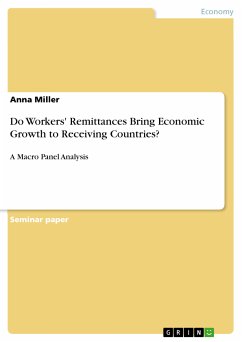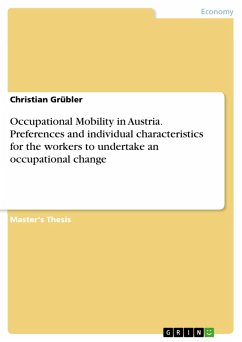Through case studies of newspaper carriers, rural route mail couriers, personal care workers, and freelance editors - four groups who have led pioneering efforts to organize - the authors provide a window into the ways political and economic conditions interact with class, ethnicity, and gender to shape the meaning and strategies of working men and women and show how these strategies have changed over time. They argue that the experiences of these workers demonstrate a pressing need to expand collective bargaining rights to include them.
Dieser Download kann aus rechtlichen Gründen nur mit Rechnungsadresse in A, B, BG, CY, CZ, D, DK, EW, E, FIN, F, GR, HR, H, IRL, I, LT, L, LR, M, NL, PL, P, R, S, SLO, SK ausgeliefert werden.









